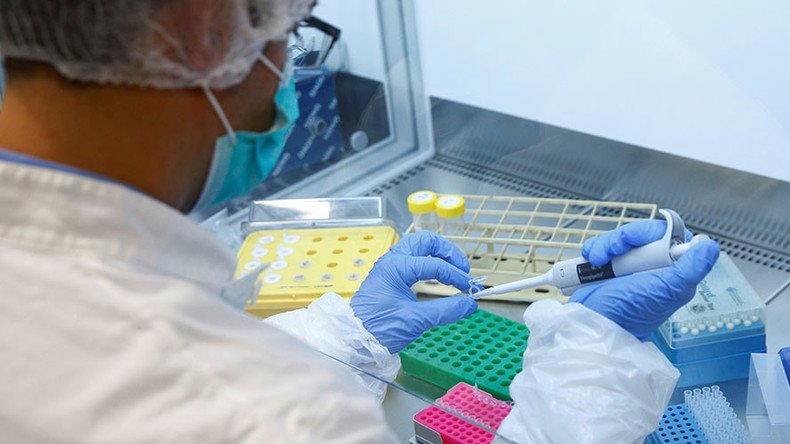Monsanto's new chemical halted after causing rashes

The largest producer of genetically-modified seeds and the notorious Roundup weedkiller Monsanto has stopped the launch of a chemical designed to be applied to crop seeds. Multiple reports show the new chemical causes rashes on people.
The product, called NemaStrike, is supposed to protect crops from worms. It has been given the green light by US environmental regulators.
"There have been limited cases of skin irritation, including rashes, that appear to be associated with the handling and application of this seed treatment product," Brian Naber, US commercial operations lead for Monsanto, said in a letter to customers about NemaStrike, quoted by Reuters.
The company spokeswoman Christi Dixon said those who faced rashes may have forgotten to wear protective equipment.
Monsanto has big plans for the chemical, calling it a "blockbuster technology," and wants to have it spread on up to eight million American crop acres during 2018. "The technology is effective and can be used safely when following label instructions," the company said.
In Europe, more than a million people have signed a petition against Monsanto's Roundup weed killer, over fears it causes cancer. The license for the most common herbicide runs out in Europe on December 15, and EU officials haven’t extended it.
The World Health Organization (WHO) have said glyphosate may pose a carcinogenic threat to humans. The EU has postponed a critical decision on whether to reauthorize the use of glyphosate, after the European Parliament voted in favor of phasing out the controversial herbicide by 2022.
Monsanto is in the process of being acquired by German conglomerate Bayer for $63.5 billion.













